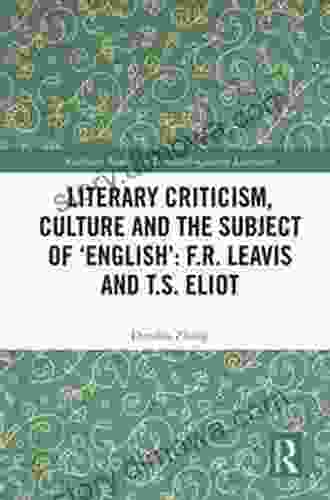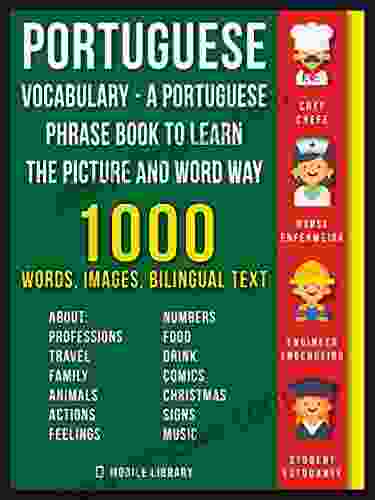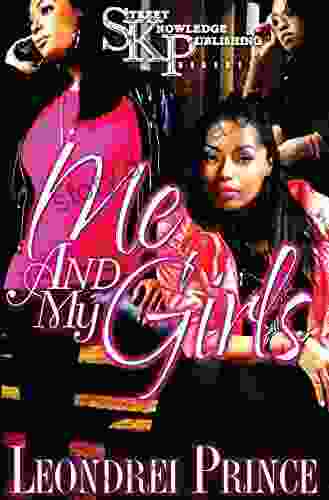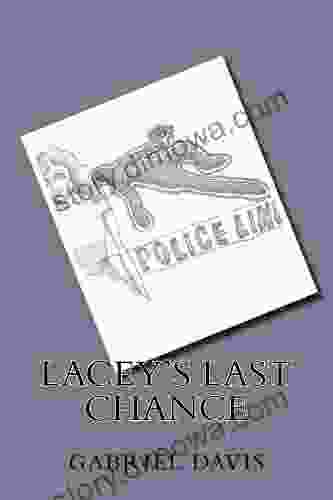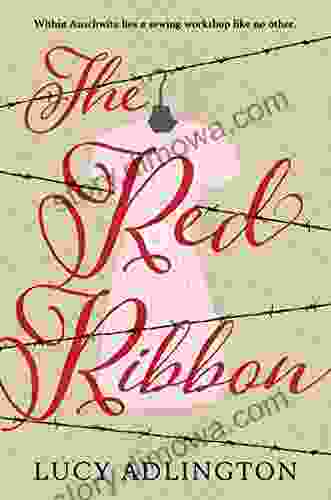Literary Criticism, Culture, and the Subject of English: A Tapestry of Interwoven Perspectives

: The Interdependence of Literature, Criticism, and Culture
Literature, criticism, and culture are intertwined threads that form the intricate tapestry of English studies. Literature serves as a mirror into the human condition, reflecting our hopes, fears, and aspirations. Criticism provides the lens through which we interpret and evaluate literature, allowing us to delve into its depths and uncover its hidden meanings. Culture, in turn, shapes the literary landscape, influencing the themes, motifs, and language used by writers.
4.3 out of 5
| Language | : | English |
| File size | : | 2520 KB |
| Text-to-Speech | : | Enabled |
| Enhanced typesetting | : | Enabled |
| Word Wise | : | Enabled |
| Screen Reader | : | Supported |
| Print length | : | 198 pages |
The Role of Literary Criticism: Unlocking the Secrets of Literature
Literary criticism is the art of analyzing and interpreting literature. It offers a systematic and rigorous approach to understanding the significance and meaning of literary texts. Critics use various tools, including textual analysis, historical context, and cultural theory, to explore the nuances of literary works and uncover their hidden layers.
Through close readings, critics examine the language, structure, and symbolism of texts to identify patterns, motifs, and themes. They consider the author's intention, the historical context in which the work was written, and its cultural significance. By engaging in textual analysis, critics delve into the intricate details of literary works, revealing their complexities and offering new interpretations.
Culture: The Contextual Framework of Literature
Culture plays a pivotal role in shaping literature. It provides the backdrop against which literary works are created and interpreted. The beliefs, values, and practices of a particular culture influence the themes, characters, and perspectives expressed in its literature.
To fully appreciate the meaning of a literary work, it is essential to understand its cultural context. Critics examine the social, political, and economic conditions of the time in which a work was written to unravel its cultural significance and explore how it reflects the values and beliefs of its era.
The Subject of English: A Multifaceted Discipline
The subject of English encompasses a wide range of areas, including literature, language, and linguistics. It offers a comprehensive study of the English language, its history, evolution, and usage. English studies also explore the connections between language, literature, and culture, examining how language shapes and is shaped by the world around us.
The study of English provides students with a deep understanding of the English language, its grammar, and its nuanced usage. It also introduces them to a wide range of literary works, from classic novels to contemporary poetry, fostering their appreciation of literature and its power to reflect and shape human experience.
Interdisciplinary Connections: Bridging the Gaps
English studies is an interdisciplinary field that draws on insights from other disciplines, such as history, philosophy, sociology, and anthropology. This interdisciplinary approach enables scholars to explore the multifaceted nature of literature and its connections to the broader world.
By combining perspectives from different disciplines, critics can gain a more comprehensive understanding of literary works and their cultural significance. Interdisciplinary approaches allow for a deeper analysis of the social, political, and historical contexts in which literature is created and interpreted.
The Future of Literary Criticism: Embracing Diversity and Inclusivity
The field of literary criticism is constantly evolving, embracing new perspectives and methodologies.Contemporary critics are challenging traditional interpretations and exploring the voices of marginalized communities, such as women, people of color, and LGBTQ+ individuals.
This shift towards diversity and inclusivity opens up new avenues for literary analysis and interpretation. Critics are engaging with works from around the world, exploring the rich tapestry of global literature and its impact on our understanding of human experience.
: The Enduring Significance of Literary Criticism
Literary criticism, culture, and the subject of English are inextricably linked, forming a dynamic and ever-evolving field of study. Literary criticism provides the tools and perspectives necessary to interpret and evaluate literature, while culture offers the contextual framework that shapes its meaning. The subject of English encompasses the study of language, literature, and culture, bridging the gap between these disciplines and fostering a deeper understanding of the human condition.
As we move forward, the field of literary criticism will continue to evolve, embracing new perspectives and engaging with a diverse range of voices. Through its continued exploration of literature, culture, and language, literary criticism will remain an indispensable tool for understanding ourselves and the world around us.
4.3 out of 5
| Language | : | English |
| File size | : | 2520 KB |
| Text-to-Speech | : | Enabled |
| Enhanced typesetting | : | Enabled |
| Word Wise | : | Enabled |
| Screen Reader | : | Supported |
| Print length | : | 198 pages |
Do you want to contribute by writing guest posts on this blog?
Please contact us and send us a resume of previous articles that you have written.
 Book
Book Novel
Novel Page
Page Chapter
Chapter Text
Text Story
Story Genre
Genre Reader
Reader Library
Library Paperback
Paperback E-book
E-book Magazine
Magazine Newspaper
Newspaper Paragraph
Paragraph Sentence
Sentence Bookmark
Bookmark Shelf
Shelf Glossary
Glossary Bibliography
Bibliography Foreword
Foreword Preface
Preface Synopsis
Synopsis Annotation
Annotation Footnote
Footnote Manuscript
Manuscript Scroll
Scroll Codex
Codex Tome
Tome Bestseller
Bestseller Classics
Classics Library card
Library card Narrative
Narrative Biography
Biography Autobiography
Autobiography Memoir
Memoir Reference
Reference Encyclopedia
Encyclopedia Kim Elliott
Kim Elliott Lisa Owings
Lisa Owings Mar Sharpe
Mar Sharpe Steve Axman
Steve Axman Mary Staub
Mary Staub Robin Reul
Robin Reul Sharon Sorenson
Sharon Sorenson Mara W Cohen Ioannides
Mara W Cohen Ioannides Lisa Rose Wright
Lisa Rose Wright Sawas Dee
Sawas Dee Susan Ee
Susan Ee Marcel Reif
Marcel Reif Sarah Dessen
Sarah Dessen List Series
List Series Paul Mouchet
Paul Mouchet Pamela S Willsey
Pamela S Willsey Susie Kearley
Susie Kearley Sara Marijuan
Sara Marijuan Marci Briggs
Marci Briggs Marcus Stead
Marcus Stead
Light bulbAdvertise smarter! Our strategic ad space ensures maximum exposure. Reserve your spot today!
 Owen SimmonsFollow ·9.2k
Owen SimmonsFollow ·9.2k Percy Bysshe ShelleyFollow ·6k
Percy Bysshe ShelleyFollow ·6k Al FosterFollow ·16.9k
Al FosterFollow ·16.9k Andy ColeFollow ·6k
Andy ColeFollow ·6k Garrett BellFollow ·8k
Garrett BellFollow ·8k Jeffrey CoxFollow ·5.6k
Jeffrey CoxFollow ·5.6k William GoldingFollow ·16.4k
William GoldingFollow ·16.4k Howard PowellFollow ·3.1k
Howard PowellFollow ·3.1k
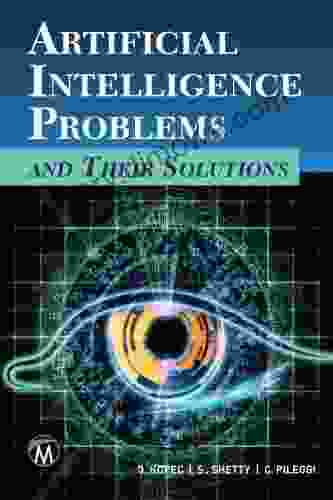
 Charles Bukowski
Charles BukowskiDemystifying AI's Challenges and Embracing its Promise: A...
In the rapidly...

 Roald Dahl
Roald DahlHow America's Most Popular Sport Is Just Getting Started:...
Baseball, the quintessential...

 Francis Turner
Francis TurnerShareholder Empowerment: A New Era in Corporate...
The role of...
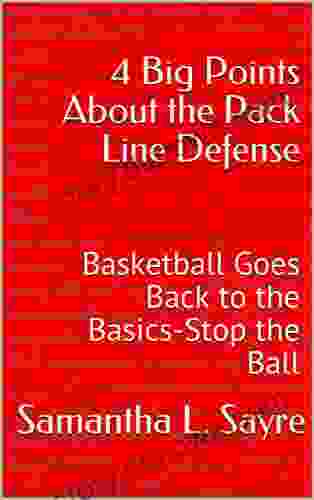
 Wesley Reed
Wesley ReedBig Points About The Pack Line Defense: The Ultimate...
The Pack Line Defense is a...
4.3 out of 5
| Language | : | English |
| File size | : | 2520 KB |
| Text-to-Speech | : | Enabled |
| Enhanced typesetting | : | Enabled |
| Word Wise | : | Enabled |
| Screen Reader | : | Supported |
| Print length | : | 198 pages |


